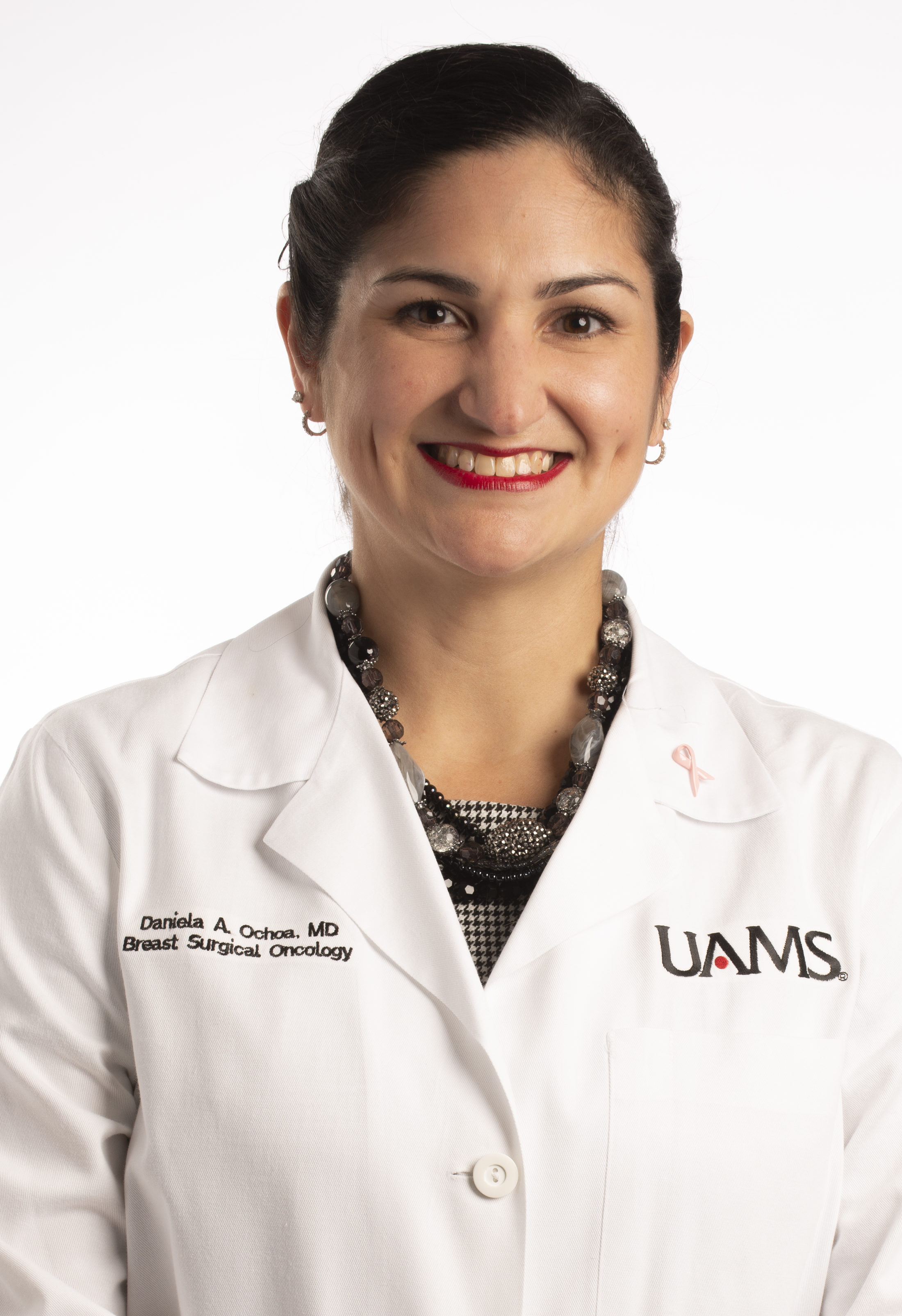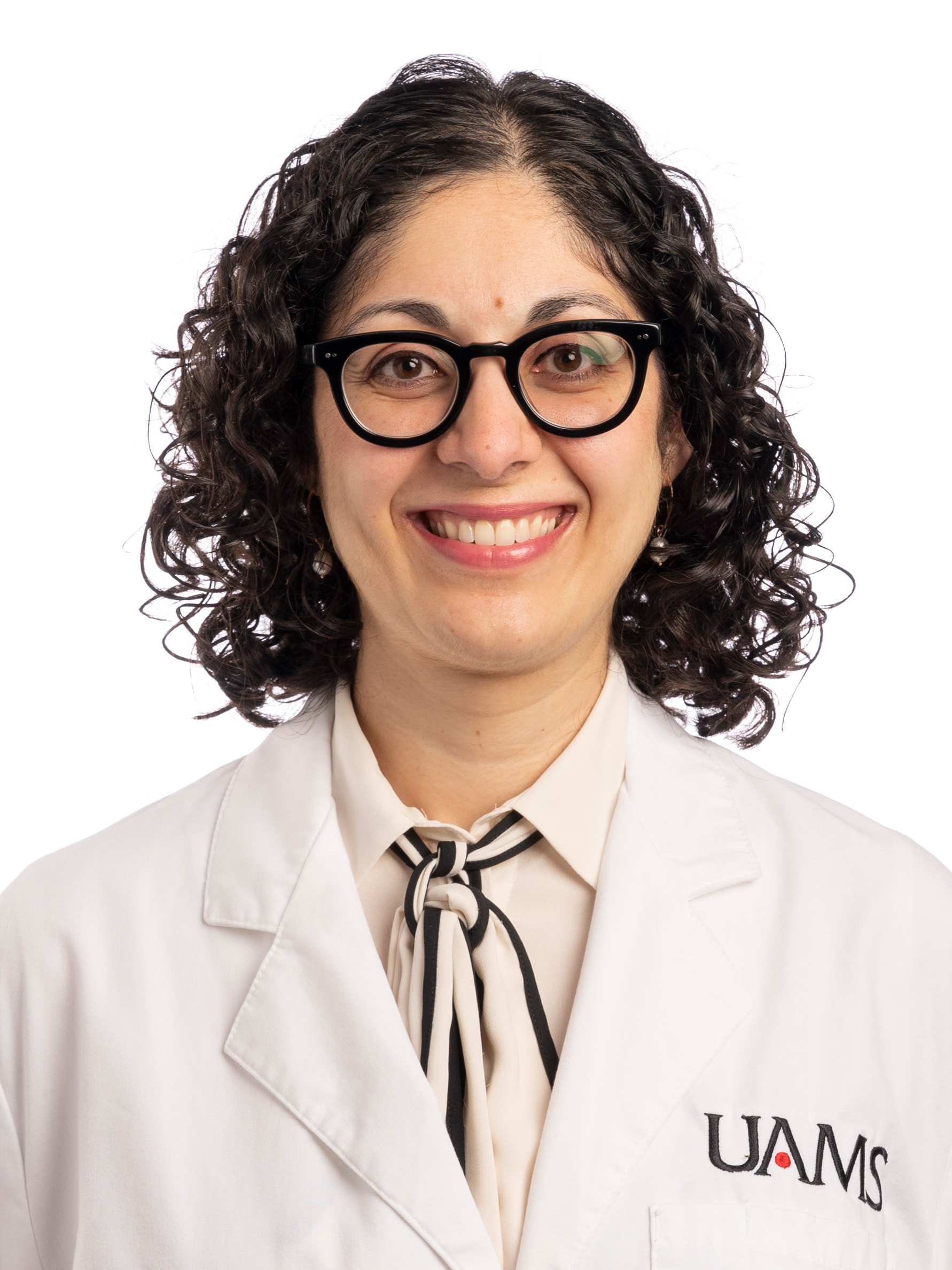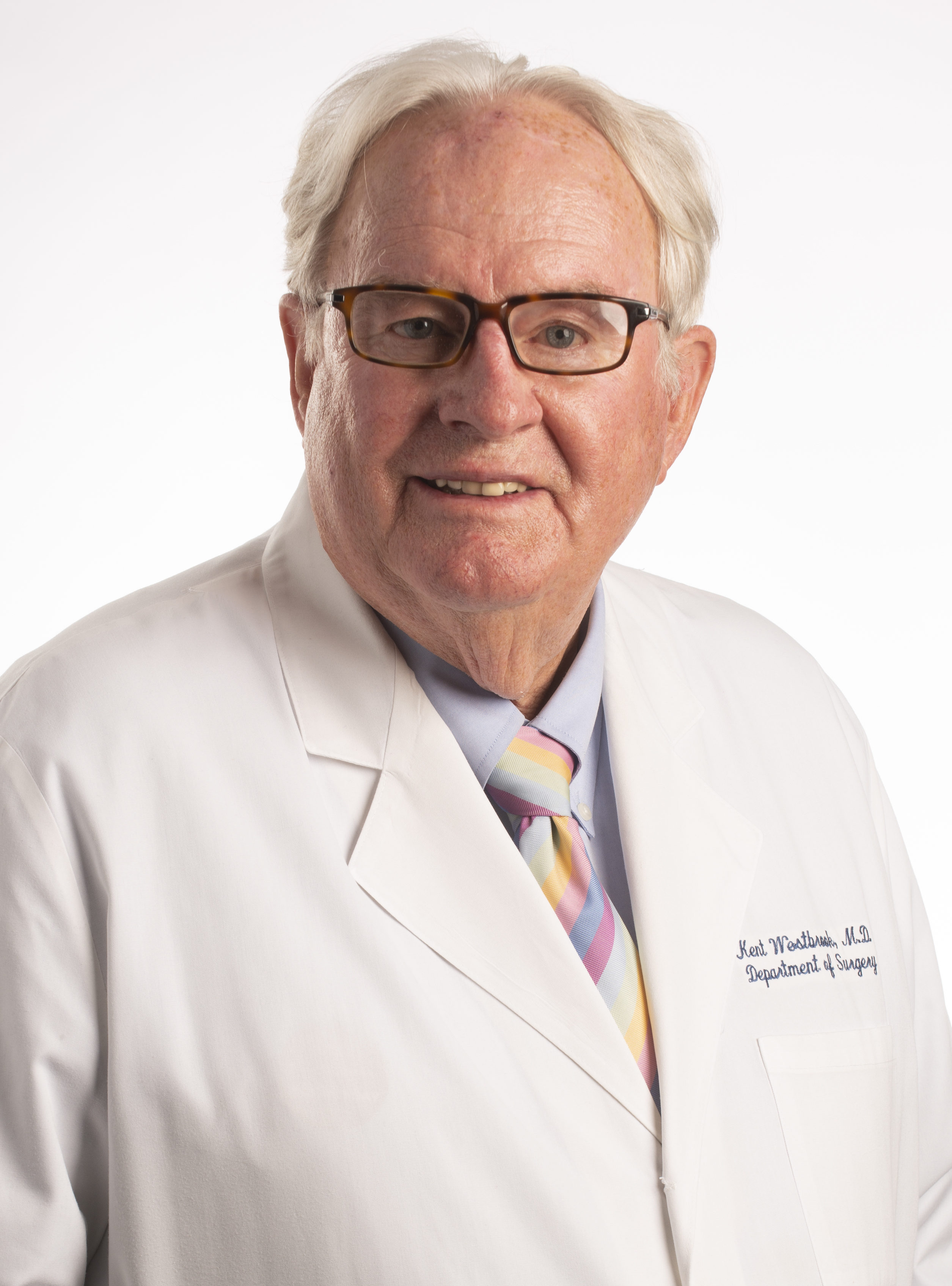Meet Our Faculty





Dedication
The Division of Surgical Oncology is dedicated to providing compassionate, state-of-the-art cancer care to patients and their families. After completing general surgery training, all of our surgeons have completed additional years of subspecialty training in cancer surgery, to provide further expertise and technical skills. With over 80 years of combined experience, we have been immersed in the care of cancer patients to help them have the best chance for cure and a good quality of life.
Managing Conditions
We specialize in managing the following conditions:
- melanoma
- pancreatic cancer
- liver tumors (primary and metastatic)
- soft tissue tumors and sarcoma
- thyroid cancer and nodules
- other endocrine tumors
- stomach cancer
- diseases of the spleen
- other complex abdominal tumors
- carcinoid tumor
- other rare and unusual skin, endocrine, and abdominal tumors
- second opinions about recommended treatment
Surgical Procedures
We have a large experience performing the following procedures:
- Sentinel lymph node biopsy
- Pancreaticoduodenectomy (Whipple procedure)
- Liver resection
- Minimally Invasive surgery for thyroid disease
- Minimally Invasive Radioguided Parathyroidectomy (MIRP)
- Radiofrequency ablation for liver tumors (RFA
- Laparoscopic splenectomy
- Radical resection of soft tissue tumors
- Radical resection of complex abdominal tumors
- Total gastrectomy
- Hyperthermic intraperitoneal chemotherapy
- Isolated limb perfusion for hyperthermic chemotherapy treatments for melanoma
- Advanced laparoscopic surgery and other minimally invasive techniques
- Procedures to help with palliation of cancer symptoms
Surgical Cancer Treatments
We believe that the best chance for curing cancer is by following the following principles:
- adequate and appropriate biopsy and pathological review
- staging the cancer
- a multidisciplinary approach (considering the role of radiation and chemotherapy before or after the surgery)
- a good cancer operation by an experienced surgeon
- use of adjuvant chemotherapy after surgery where indicated
- appropriate and regular follow-up
- consideration of participation in a clinical trial
We are committed to the multidisciplinary approach to managing every patient’s cancer. Frequently, preoperative consultation with the radiation oncologist, medical oncologist, or plastic surgeon is helpful in outlining the best approach for a given problem. Some very complex problems may require the involvement of other surgical subspecialists at the operation. Consultation is helpful before surgery.
Most patients will benefit from further treatment (following surgery), and are referred for consultation with a medical or radiation oncologist. We have established regular multidisciplinary conferences for patients with GI malignancies and melanoma. These conferences are attended by all of the cancer physicians and allow us to discuss individual patient cases and arrive at the best treatment plan. Patients are helped by considering enrolling in available clinical trials in cancer care.
